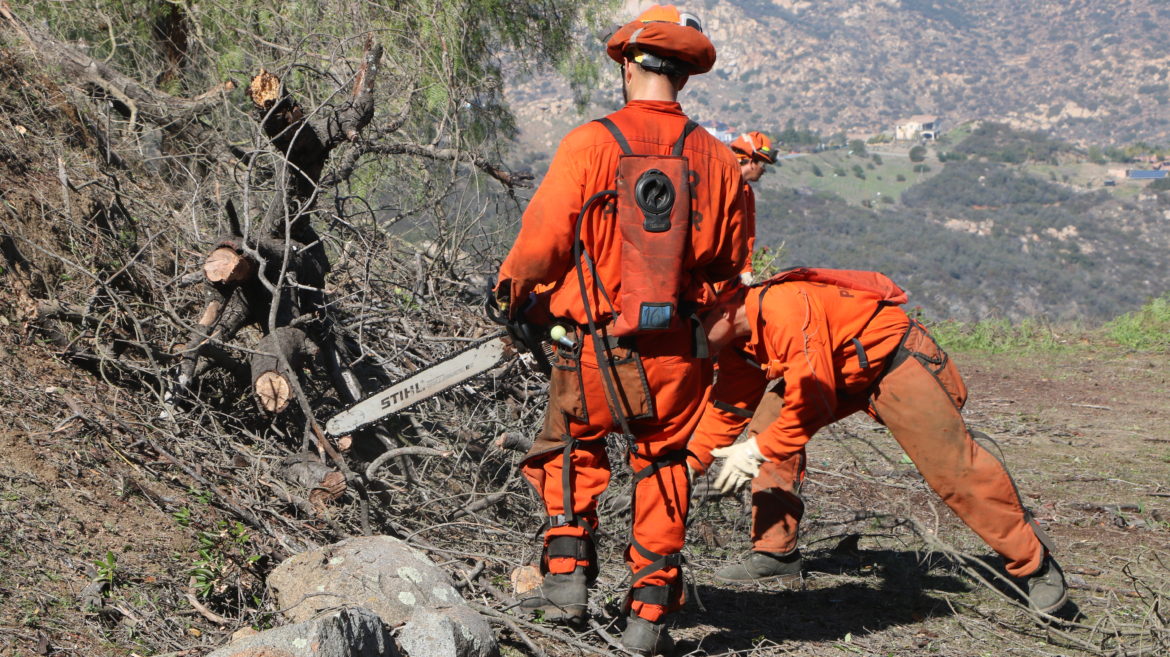In 1865, the United States congress passed the 13th amendment, seemingly ending slavery within the country. However, despite what many people believe, the practice of slavery endures within the United States. Although the 13th amendment prohibits the enslavement of most citizens, it allows for slavery and involuntary servitude to be used “except as a punishment” for someone’s crimes. This important distinction allows for prisoners to be forced to work for little to no wages, something that is evidently appealing to people and organizations who want to cut labour costs.
Work isn’t a bad thing; most people want to work in some way, but most people also tend to have a distaste for abuse and exploitation. The potential for abuse and exploitation under a system of penal labour is a serious problem. The power imbalance between prisoners and their prospective employers means that convicts can be forced to work with the threat of punishment, including solitary confinement, hanging over their heads. This is also combined with the fact that they are often forced to work in undesirable conditions, and at the national level they are not required to be paid. Some states do require that convicts be paid for their labour, but the amount given amounts to scraps. In Colorado, for example, prisoners can be paid as little as 60 cents a day.
The cheap labour supplied by convicts also gives the government a major incentive to keep the prison population high. Numerous policies have been introduced to maintain a large prison population, notably the war on drugs and increasingly harsh penalties for crimes. When you also take into account how these laws disproportionately affect marginalized groups, particularly Black Americans, and how marginalized groups are more likely to receive a harsher sentence, it becomes clear why a connection is often drawn between penal labour and the transatlantic slave trade. It’s not a reach to suggest that penal labour represents an attempt at the continuation of slavery as, although Black Americans make up only about 14% of the United States population, over-policing and targeted drug laws have resulted in them making up around 40% of the prison population.
The profit incentive provided by convict labour doesn’t just influence governmental policies, the lack of labour protections and required pay mean that numerous corporations also make use of prison labour. From prisoners providing frozen food for McDonald’s to Starbucks using inmates for holiday packaging, the extent to which prisoners are involved in everyday production is still not fully transparent. Allowing corporations to use prison labour doesn’t just harm convicted prisoners either, it also hurts the labour movements of free civilian workers. Corporations sometimes make use of prison labour while workers are striking, quite literally replacing paid employees with slaves. Morality aside, the effectiveness of a strike is significantly reduced when corporations are able to call on convicts to fill in for the striking workers.
Prison labour represents gross human rights violations within the United States justice system under several articles in the Universal Declaration of Human Rights. Most notably articles 2, 14, and 15, which respectively state that no one shall be held in slavery, that everyone has the right to free choice of work under favourable conditions, and that everyone has the right to equal pay for equal work. These human rights abuses become even more brazen when it is revealed that 39% of prisoners in the United States pose no public safety risk, and that the justice system falsely convicts an estimated 20,000 people meaning that, not only are dangerous criminals being forced to work, but innocent and harmless civilians are too.
Washington has a lot to say about human rights abuses across the world, but rarely brings attention to any violations within their own nation. China, Cuba, Iran, and North Korea are all places which frequently fall under rhetorical attacks from politicians in the United States but, when compared, the hypocrisy becomes tangible. Particularly on the topic of unfair detention and penal labour. China, for example, is often accused of unfairly detaining and mistreating civilians, but compared to the United States, it becomes almost absurd to even call attention to China, as the stark contrast between the two nations makes China look like a bastion of civil rights. The United States makes up only 5% of the world population but 20% of the world’s prison population. Conversely, China makes up almost 20% of the world population but only holds around 15% of the world’s prison population.
It’s not just in the United States, as many other countries around the world who claim to be a bastion of human rights and civil liberties also make ready use of prison labour. Canada is a notable example, where convicts are forced to work and paid pittance for their labour. There are numerous cases where western nations which profess to be the moral arbiters of the world conveniently ignore the atrocities occurring within their borders, under their supervision.
Edited by Yu Xuan Zhao
Alexander Morris-Schwarz is a third-year student at McGill University where he is majoring in Political Science with a minor in Communication Studies. Alexander is currently a staff writer for Catalyst and he is interested in international relations and imperialism.

